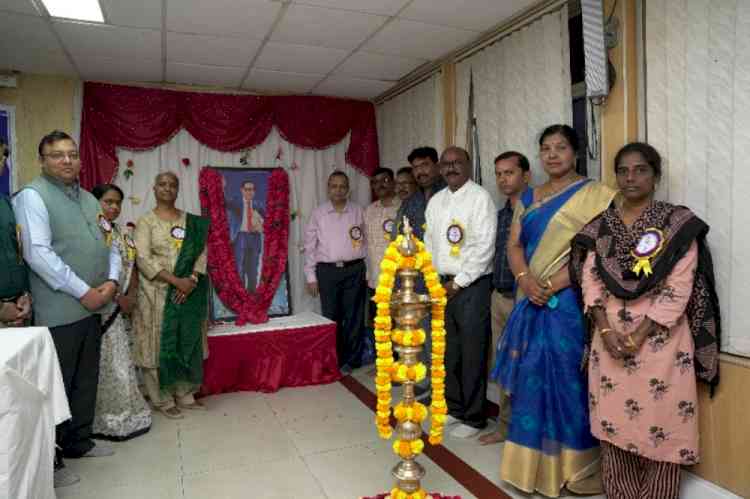`Mrigayurveda’: Bridging Agriculture and Healthcare for a Sustainable Future
A special seminar on 'Ethnoveterinary Medicine' or 'Mrigayurveda' is set to take place at the Global Ayurveda Fest, aimed at revolutionizing agriculture and healthcare through the integrated approach of Ayurveda and Veterinary Medicine.

Thiruvananthapuram: A special seminar on 'Ethnoveterinary Medicine' or 'Mrigayurveda' is set to take place at the Global Ayurveda Fest, aimed at revolutionizing agriculture and healthcare through the integrated approach of Ayurveda and Veterinary Medicine.
Scheduled for December 4, at Kariyavattam Greenfield International Stadium, Thiruvananthapuram, this seminar will feature 12 distinguished speakers presenting papers based on in-depth and evidence-based studies of ethnoveterinary medicine.
Ayurveda, as the ancient system of medicine, is not confined to humans but extends its principles to animals and plants. This holistic approach is crucial for the well-being of all living entities. However, the world faces a challenge in the form of antibiotic resistance, where antibiotic drugs, once effective, now pose risks due to the survival of disease-causing microbes.
The issue of antibiotic resistance stems from their excessive and unscientific use, not only in medicine but also in agriculture. The antibiotics used in veterinary care find their way into human consumption through products such as milk, eggs, and meat. This continuous exposure leads to antimicrobial resistance, making it difficult for the body to combat infections effectively.
The seminar aims to address this issue by shedding light on ethnoveterinary practices, rooted in the indigenous science of Mrigayurveda. These practices, based on traditional medicinal plants, provide a safe and cost-effective alternative to high-cost antibiotics. They can play a pivotal role in veterinary healthcare, reducing the reliance on chemical drugs.
The consequences of antibiotic resistance are severe, affecting not only human health but also the quality of water, soil, and biodiversity. As antibiotics pass through the food chain, it becomes imperative to reduce their use in healthcare management. The seminar serves as a platform to create awareness not only among farmers but also among the general population.
The 'Ethnoveterinary Medicine' seminar is a crucial step towards a sustainable future, fostering a harmonious relationship between agriculture and healthcare while addressing the pressing issue of antibiotic resistance.


 City Air News
City Air News 





